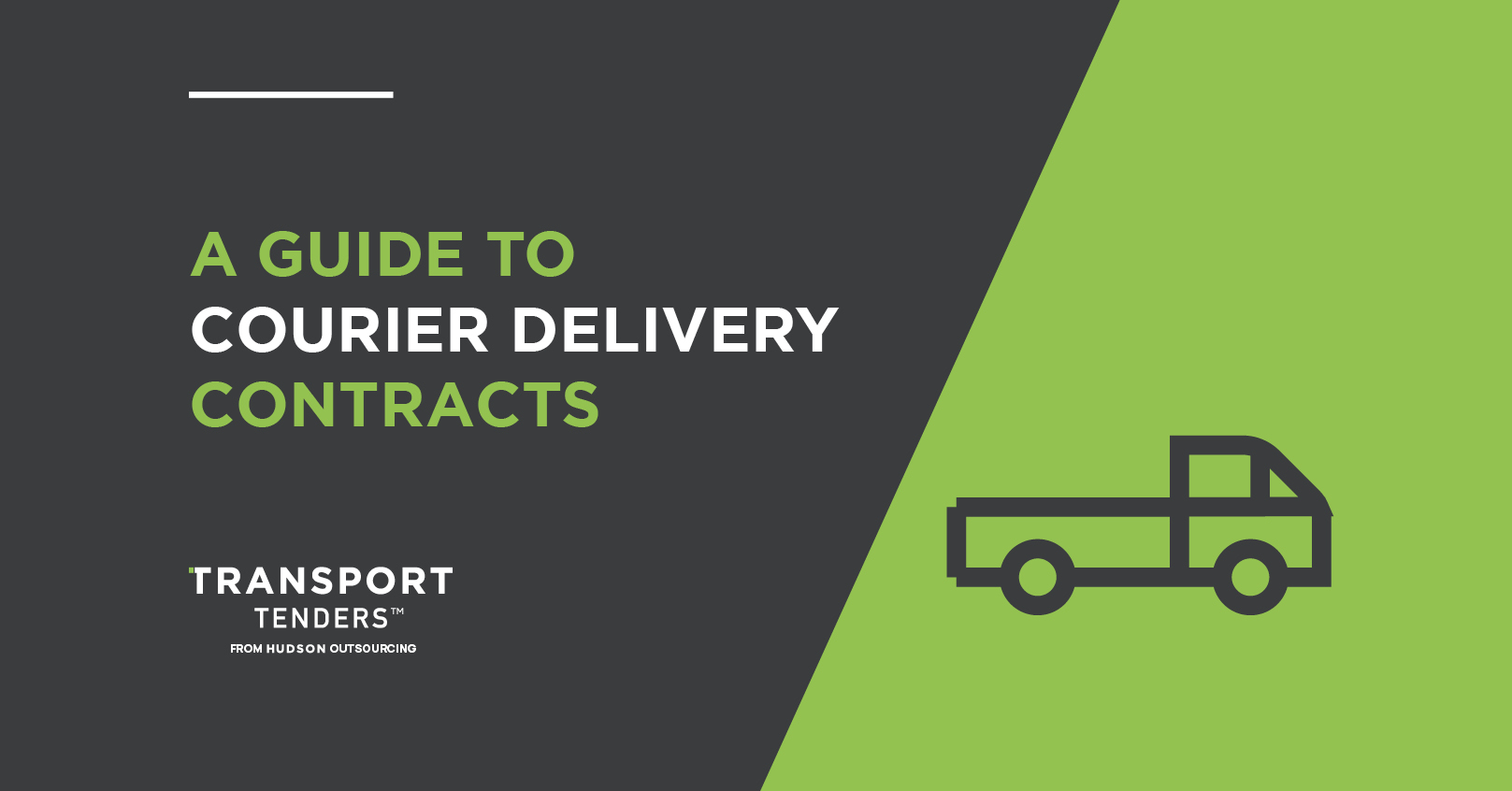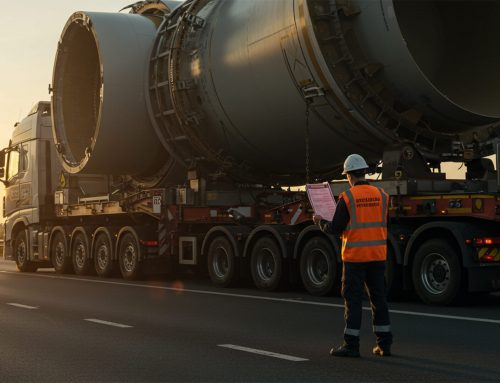By Scotland’s Courier Company – Members of the Heavy Weight Courier Group
The Public Sector—including the NHS, Local Councils, and Central Government—represents the most stable, high-value, and compliance-driven logistics work available in the UK. Winning these contracts is not about being the cheapest; it’s about proving you are the safest, most reliable, and most legally compliant partner available.
As a high-capacity, heavy freight specialist, we understand that unlocking this market requires a disciplined, long-term strategy built on non-negotiable legal and operational foundations. For couriers looking to transition from small-scale jobs to securing lucrative long-term government work, here is your definitive guide to compliance and process.
1. The Non-Negotiable Foundations: Pre-Qualifying Your Business
Before you submit a single tender, your company must be legally and structurally prepared to handle the scrutiny of government procurement.
A. Core Registration & Compliance
Requirement
Description & Why It Matters
Public Procurement Scotland (PCS) Mandatory registration on the Public Contracts Scotland platform is the first step. This is where all central and local government contracts are advertised, managed, and awarded.
- Insurances & Liability: You must hold high-level Public Liability, Employer’s Liability, and, crucially for freight, Goods in Transit Insurance with limits that meet government minimums.
- Financial Stability: Procurement teams assess financial risk. You must demonstrate robust economic health, typically by providing certified accounts for the last 2-3 years that demonstrate you can manage large contracts.
- Modern Slavery Act: Even for smaller tenders, you must have a clear policy showing compliance with the Modern Slavery Act 2015. This confirms that your supply chain and workforce practices are ethical and legally sound.
B. Quality Marks: ISO Certification
Public sector bodies rely on ISO certifications as instant proof of system quality. These are often mandatory pre-qualification criteria (PQQ):
- ISO 9001 (Quality Management): Essential. Proves you have repeatable, documented processes for managing quality, reducing errors, and ensuring client satisfaction.
- ISO 14001 (Environmental Management): Increasingly important. Demonstrates a commitment to sustainability, essential for winning council and large government environmental initiatives.
2. Compliance: The Gateway to NHS and Sensitive Freight
The most complex and highest-value Public Sector contracts involve sensitive and critical items, such as medical samples, IT hardware, or police evidence. This requires specialised legal and operational compliance.
A. Data Security (GDPR)
Every NHS and Government delivery involves handling sensitive data (e.g., patient names, project locations, secure facility entry codes).
- GDPR Certification: You must demonstrate a full understanding of GDPR, including secure document handling, driver training on data breach protocol, and strict, time-limited retention of electronic tracking data.
- Secure Chain of Custody (CoC): For high-risk items, your process must guarantee the integrity of the delivery from the point of collection to the moment of handover. This involves using sealed containers, unique identifying manifest numbers, and digital sign-on-glass proof of delivery (POD) that is instantly encrypted.
B. Specialist Logistics & BCP Relevance
For niche contracts (like transporting specific medical or biological goods), specific logistics compliance is key:
- Temperature Control (“Reefer”): Any food, biological sample, or pharmaceutical product for the NHS requires certified temperature-controlled vehicles (Reefer). You must provide temperature data logging for the duration of the journey.
- Northern Ireland Protocol (BCP): As specialists, we highlight that even seemingly internal UK movements—such as freight for the Ministry of Defence moving from GB to NI—require expertise in Border Control Post (BCP) procedures. Understanding the customs and sanitary requirements for complex movements demonstrates an elite level of planning and operational readiness.
3. The Bidding Process: From Tender to Contract
Winning the contract requires a strategic response to the Invitation to Tender (ITT).
A. Find the Opportunity
Utilise the leading public sector portals:
- Public Contracts Scotland (PCS): Mandatory for Scottish contracts.
- Crown Commercial Service (CCS): For all UK Central Government procurement.
- Local Council Websites: Check specific council portals for small, local contracts.
B. Focus on Value, Not Price
The Public Sector uses a “Most Economically Advantageous Tender” (MEAT) model. This means quality, compliance, and social value often outweigh a slight difference in price.
Scoring Factor
How to Prove Your Value
- Quality Score (Typically 60-70%) Detail your driver training, compliance certification (ISO 9001), real-time tracking capabilities, and vehicle specification (e.g., tail-lifts, 7.5T capacity).
- Social Value (Increasingly 10-20%) Detail how your business contributes to local communities, minimises environmental impact (e.g., low-emission fleet), and promotes local employment.
- Price (Typically 20-30%). Your pricing must be competitive, but your focus should be on demonstrating that the quality of your service justifies the cost and minimises the government’s long-term risk of failure or delay.
Partner with the Experts
At Scotland’s Courier Company, we don’t just execute logistics; we ensure legal compliance and risk mitigation for every load. If you are a business with complex haulage, cold chain, or high-security needs, partner with a group that already meets the rigorous standards of the Public Sector. Contact us today to discuss your next high-compliance consignment.
Contact Scotland’s Courier Company on 0141 255 0621 or email us at info@scotlandscouriercompany.


